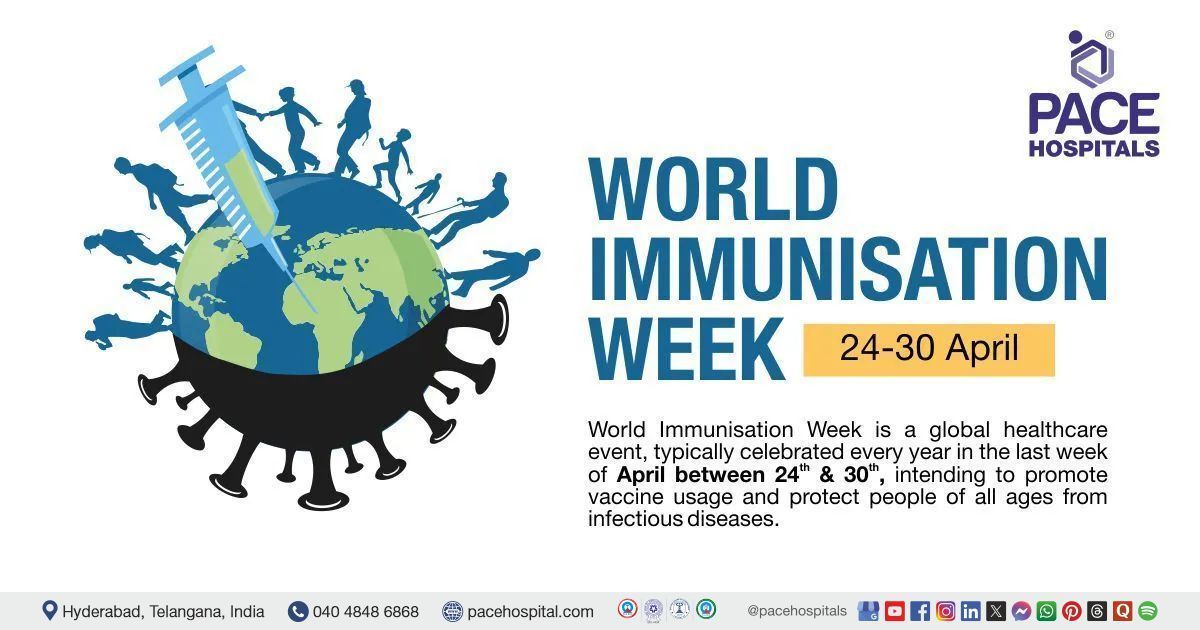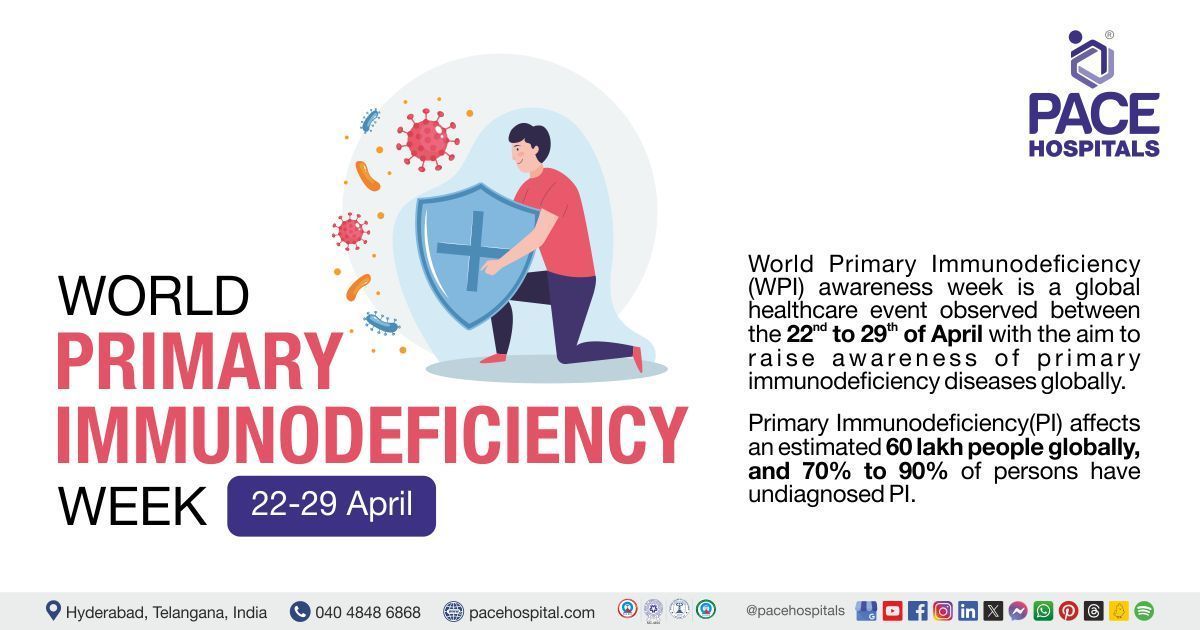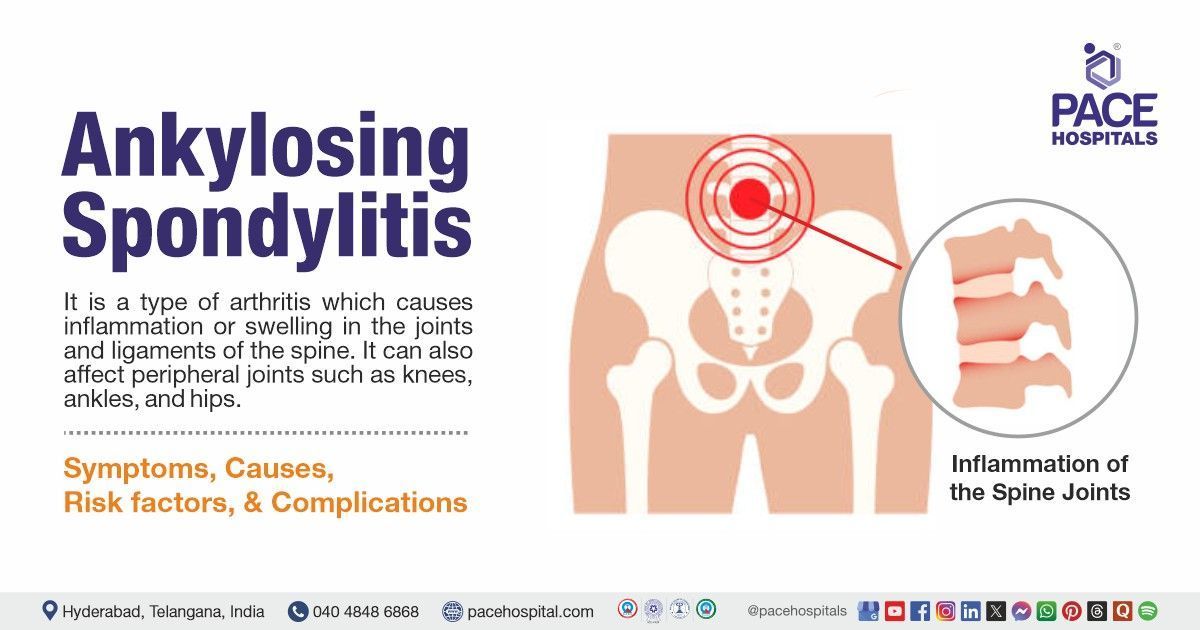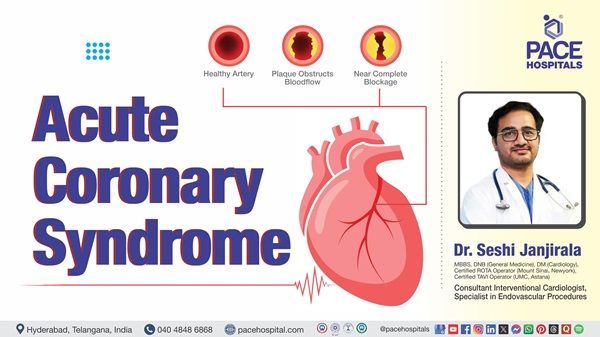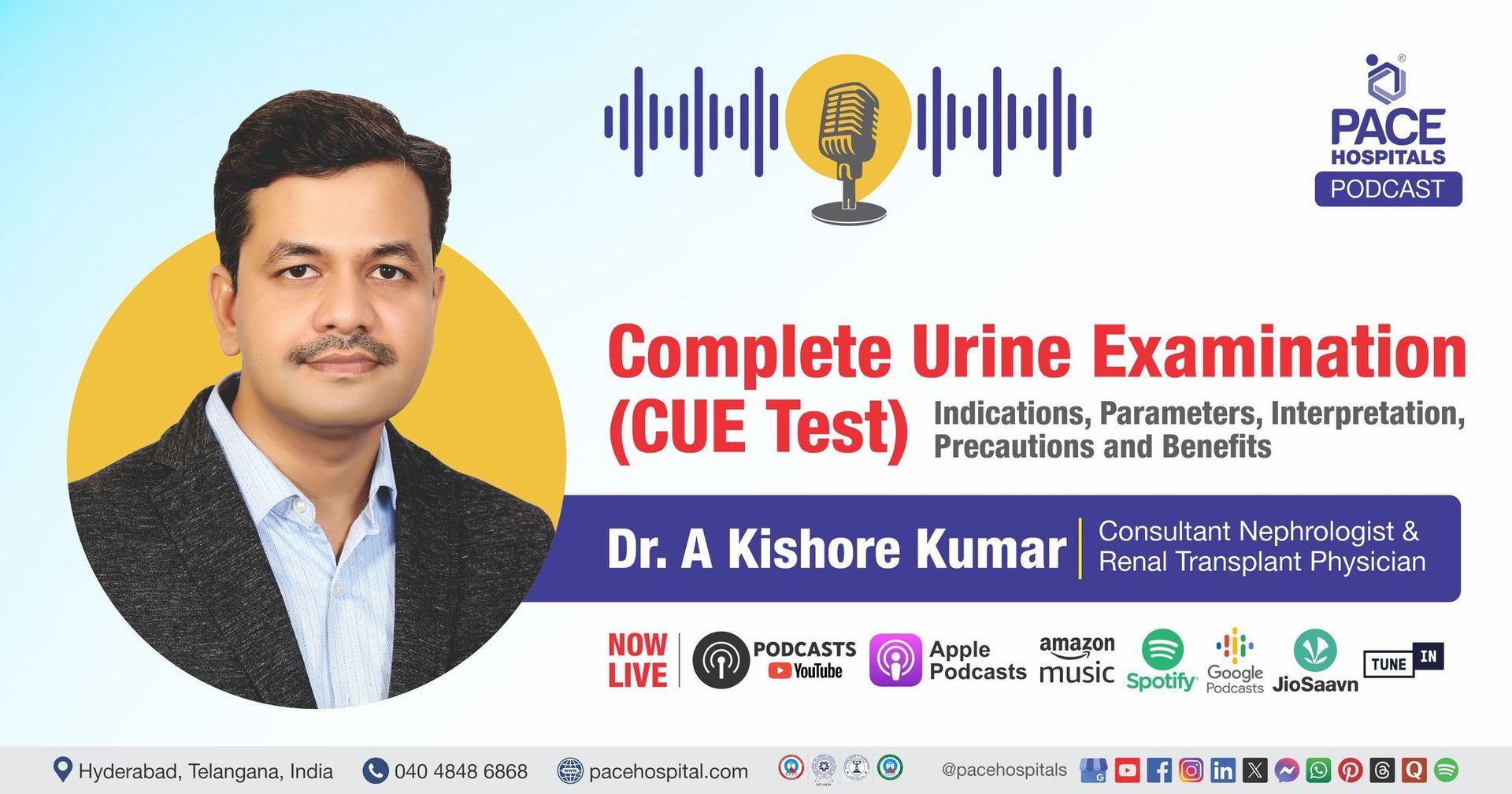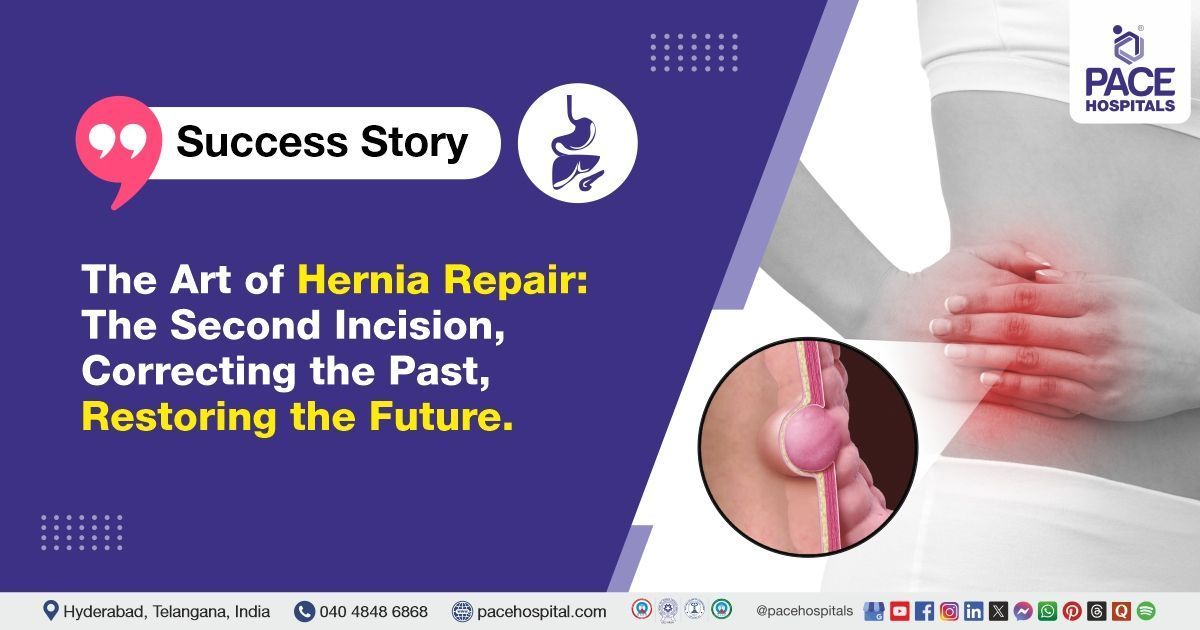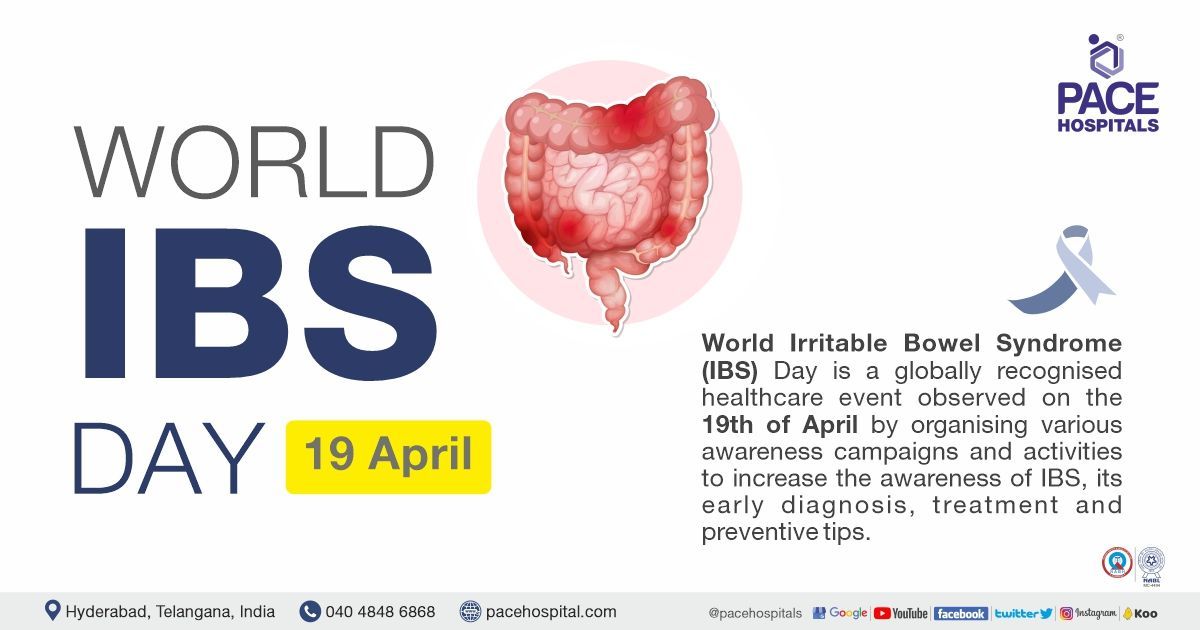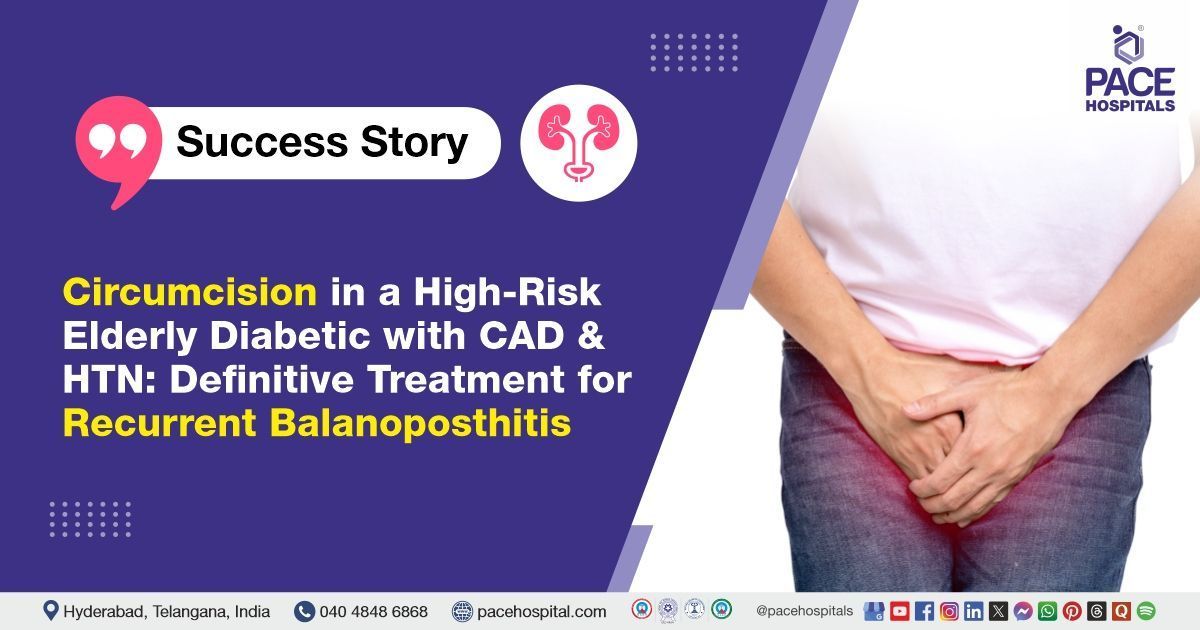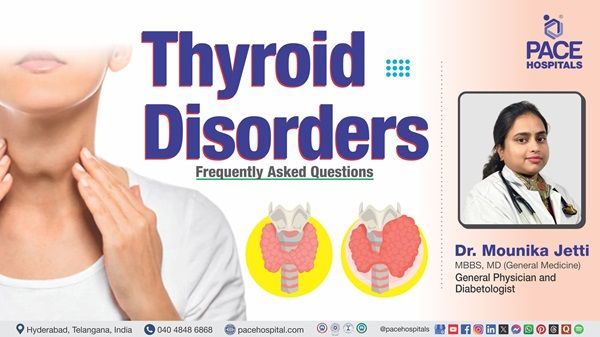Successful Surgical Management of Severe Osteoarthritis with Flexion Deformity Through Total Knee Replacement
An 88-year-old Somali male presented with a one-year-long history of left knee pain and flexion deformity. He was diagnosed with severe osteoarthritis and successfully underwent left total knee replacement surgery.
Chief complaints
The patient, an 88-year-old male from Somalia, presented to
PACE Hospitals, Hyderabad, with a one-year history of persistent pain in the left knee, accompanied by an inability to achieve complete extension of the left knee joint. The restricted movement significantly impaired his daily activities and overall quality of life.
History of present illness
The pain and flexion deformity began insidiously one year ago. The patient reported difficulty performing daily activities due to restricted movement in the left knee.
Past medical history
The patient had a history of trauma and subsequent infection in the left lower limb one year ago, which required treatment at an external hospital. As part of the management, he underwent a skin grafting procedure. At the time of presentation to PACE Hospitals, there were no active signs of infection or complications related to the previous injury or surgical intervention.
Diagnosis
The patient was diagnosed with
osteoarthritis affecting both knees, with the left knee being more severely impacted. The condition was characterized by a 90-degree flexion deformity in the left knee, causing significant functional impairment and chronic pain.
Medical decision-making (MDM)
The patient underwent thorough preoperative investigations, including clearance from anesthesia and pre-anesthetic checks (PAC). Due to the severity of the flexion deformity and bone porosity, the orthopedic consultant, trauma, shoulder and knee arthroscopic surgeon, hip and knee Joint replacement specialist,
Dr. Raghuram, affirmed that a
total knee replacement (TKR) was deemed necessary to restore functionality and relieve pain.
Preoperative preparations
The patient was prepared for surgery with spinal and epidural anesthesia to ensure effective pain management during the procedure. Additionally, urinary catheterization was performed by urologist by
Dr. Abhik Debnath, to maintain bladder function and prevent complications during the surgery.
Surgical procedure
The surgery began with exposure of the joint through a medial parapatellar approach, where the bone was noted to be highly porotic. The anterior and posterior cruciate ligaments (ACL, PCL) and meniscus were carefully dissected to avoid damage. During femoral cuts, a hairline crack was identified and managed with cannulated screw fixation to ensure structural stability. Tibial preparation involved the removal of the meniscal remnants and meticulous dissection due to bone porosity.
To address the 90-degree flexion deformity, posterior capsular release and pie-crusting of the iliotibial band were performed, achieving a one-third correction. Additional Distal femoral cuts were made to enhance alignment.
Implantation involved the use of Smith and Nephew Oxinium PS components, including a Size 6 femoral component, Size 4 tibial tray with a 16 x 150 mm stem, and a 13 mm spacer. The stability of the joint was confirmed intraoperatively.
The procedure concluded with thorough lavage, closure of the wound in layers with a drain in situ, application of a sterile dressing, and placement of a long leg knee immobilizer.
Postoperative course
The patient’s immediate postoperative recovery was uneventful, with no significant complications observed. However, he developed low hemoglobin levels, which were successfully managed with the transfusion of three units of blood. Physiotherapy, including gait training, was initiated during his hospital stay to promote mobility and support rehabilitation.
Discharge medications
The patient was prescribed anti-inflammatory drugs, proton pump inhibitors (PPIs), analgesics, antibiotics, calcium supplements, and nutritional supplements including protein powders and anabolic agents, as well as anticoagulants to support recovery and prevent complications.
Postoperative instructions
The patient was advised to use a long leg knee immobilizer and continue knee physiotherapy with a focus on strengthening the quadriceps and hamstrings. Continuous passive motion (CPM) exercises targeting a range of 0–100 degrees were recommended to improve joint mobility.
Dietary recommendations
The patient was advised to follow a balanced nutritional diet with an emphasis on high-protein intake through supplements and natural food sources to aid in recovery. Adequate hydration was recommended, along with the inclusion of calcium-rich foods, such as dairy products, to support bone health and overall healing.
Challenges for total knee replacement (TKR) in elderly patients with osteoarthritis (OA)
Total knee replacement (TKR) in elderly patients with osteoarthritis (OA) presents several challenges. Age-related factors, such as reduced bone density, comorbidities, and frailty, can complicate the surgical procedure and recovery. Osteoarthritis in older adults often results in severe bone porosity, making fixation of prosthetic components more challenging and increasing the risk of intraoperative fractures. Additionally, elderly patients may have limited soft tissue flexibility and joint deformities, such as flexion contractures, which require specialized techniques like capsular releases and soft tissue adjustments to achieve proper alignment.
Comorbid conditions like cardiovascular disease,
diabetes, or
hypertension can increase the risk of anesthesia complications and delay recovery. Postoperative rehabilitation is also critical, as elderly patients may have diminished muscle strength and endurance, requiring more intensive physiotherapy to regain joint function and mobility. Furthermore, longer hospital stays, increased risk of infections, and slower healing are common in older patients. Careful preoperative planning and multidisciplinary management are essential to address these challenges and improve surgical outcomes.
Share on
Request an appointment
Fill in the appointment form or call us instantly to book a confirmed appointment with our super specialist at 04048486868


